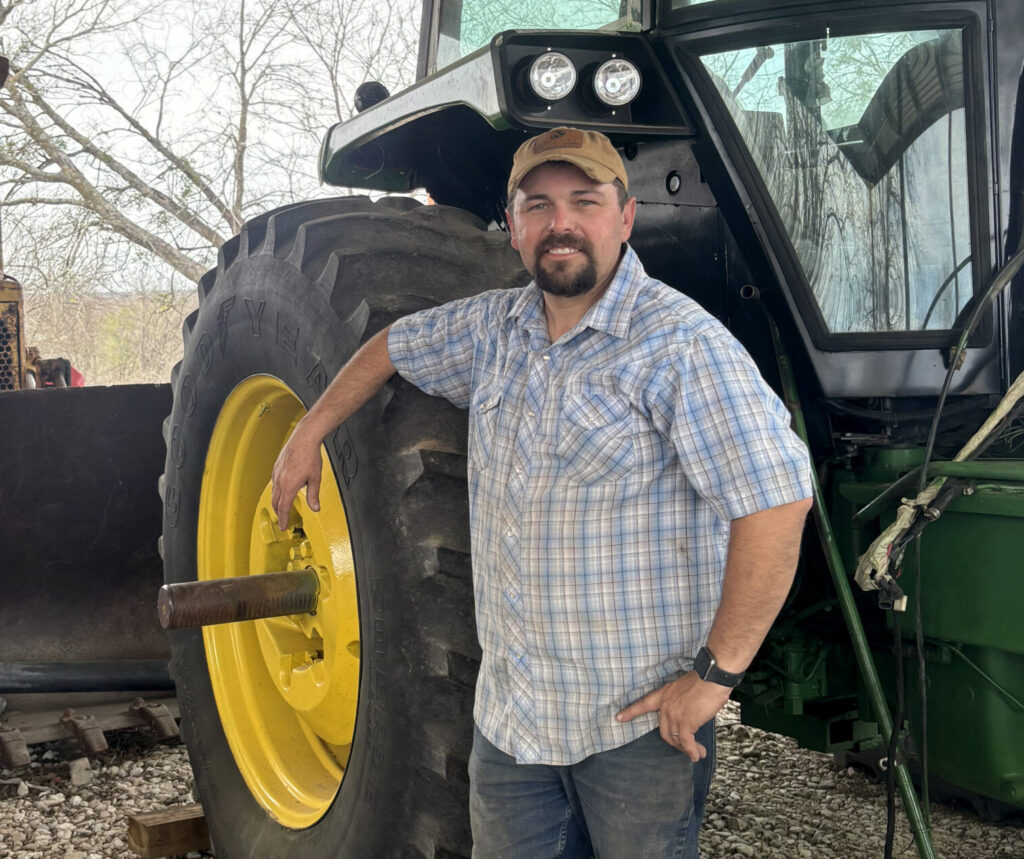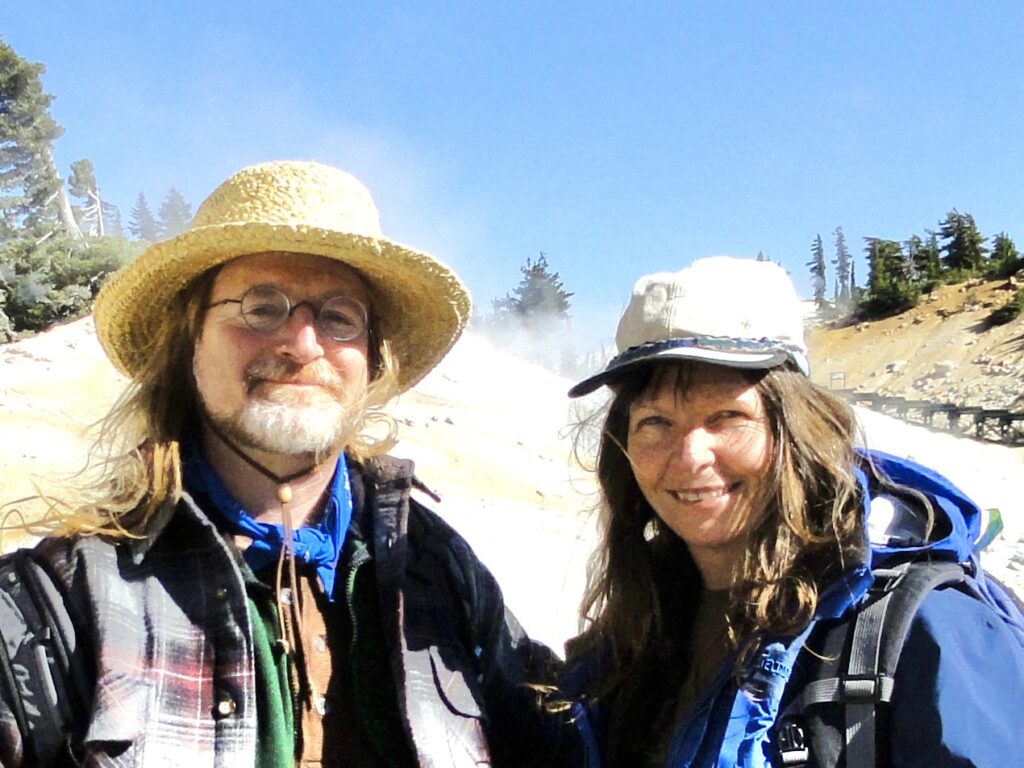Caleb Duty is no stranger to hard work. He’s served in the Marine Corps, he’s worked in the Texas oil fields, and he currently manages 800 acres of farmland. But the process of organic certification, with its many steps and regulatory details, was still complicated enough to give him pause. “I have the drive and the initiative,” he says, “but [organic certification is] like trying to cross the ocean. It’s very intimidating.”
The Transition to Organic Partnership Program (TOPP), a nationwide initiative supporting transitioning and existing organic producers, aims to demystify the certification process and support more farmers in making the transition to organic. TOPP connects currently certified and transitioning organic farmers with opportunities for technical assistance and wrap-around support. The program serves U.S. producers across six geographic regions (including the West/Southwest region, which CCOF leads).
TOPP connects transitioning farmers with mentors for at least one year after certification, building a support network with practical advice tailored to each geographic region. Not only do newly certified farmers get the support they need under this program, but entire communities are strengthened by increasing discussion and connections. With the program, farmers receive support through workshops, technical assistance, field days, certification, conservation planning, business development (including navigating the supply chain), regulations, and marketing their products to reach more customers.
Today, Duty has successfully certified 38 acres of organic hay that he grows for selling to local dairy operations. He credits TOPP with his success. “I wouldn’t be certified if it wasn’t for the program,” Duty says.
As a young person beginning his farming journey, Duty credits his organic certification with helping him to stand out from the large, established farms in his area. Not only does the certification help make his products more noticeable, but it also gives him instant credibility with buyers, who trust the USDA Organic label.
Through TOPP, Duty has connected with experienced farmers like Extension Agent Bob Whitney (who leads TOPP in Texas through the Texas A&M AgriLife Extension). Whitney notes that, in the program, “there’s a family atmosphere. We’re not competing against each other. A high tide raises all boats.”
“It’s the right place, the right time [for an organic crop],” Duty says, “and I got the right stuff to do it.”


